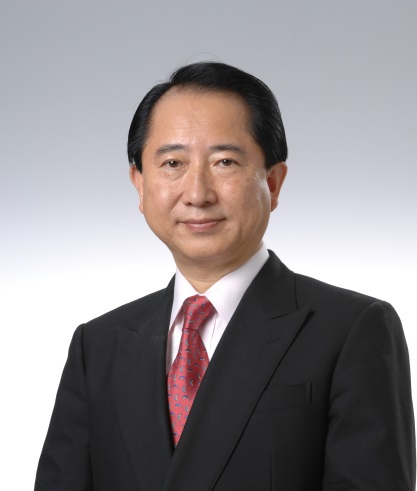Twelfth International Summer School on Mind, Brain and Education
2017 September 1–7
Neuroscience of poverty
Director of the School: Antonio M. Battro
Director of the Course: Sebastián J. Lipina
Codirectors of the Course: Eric Pakulak, María Soledad Segretin
Management Assistance of the Course: Matías Lopez-Rosenfeld
Program Officer of the School: Lula Majdalani
Hitachi Ltd., Engineering Academy of Japan, Japan
He is Director of the International Council of Academies of Engineering and Technological Sciences (CAETS), Executive Vice President of the Engineering Academy of Japan (EAJ), Member of the Science Council of Japan (Cabinet Office), and Fellow and Corporate Officer of Hitachi, Ltd. He is recognized worldwide as an early proponent and major advocate of the new trans-disciplinary field of Mind-Brain Science. KOIZUMI received his B.Sc. in 1971 and joined the Hitachi Group. He was conferred his Ph.D. in Physics for the invention of the Polarized Zeeman Effect Atomic Absorption (PZAA) Spectroscopy in 1976, from the University of Tokyo, Japan. His many research contributions span from environmental measurement based on the invention and practical application of PZAA Spectrometry, to the inventions of non-invasive medical imaging such as MR angiography and Optical Topography through to the development of Japan’s first superconducting magnet MRI equipment and the real-time observation of brain functions using functional MRI and Optical Topography.

Brain-Science of Poverty
At the Institute of Seizon and Life Sciences (ISLS), as part of its research activity on capitalism, a workshop was initiated in May 2014 that included a keynote speech and discussion. In February 2017, the 20th such workshop was held. Leading corporate managers, economists, philosophers and biologists in Japan have been engaged in a serious discussion on improving capitalism, which has brought forth not only material affluence but also extreme economic gaps, to eradicate poverty and make a direct link to “Human Security and Well-Being.” In June 2014, the author delivered his second keynote speech and led a discussion titled “Capitalism from the Perspective of Brain-Science,” followed by the issuance of a related paper (Koizumi, H., J. Seizon and Life Sci. (2015). 25, 233‒257.), of which the outline follows. Through the 600-million-year history of the evolution of animals, “pleasure” was a driver of the evolution of organisms as a compass for ensuring a higher probability of survival. Even in modern mankind, the primitive pleasurable sensations continue to exist as a reward system at the deepest level of our minds. Desire in the pursuit of primitive pleasurable sensations directly connects to survival, and there is no limit to seeking such desire. This is the so-called Gou or karma of human beings. As a consequence, according to an announcement by Oxfam, the wealth of the world’s richest 1% was predicted to account for more than 50% of the wealth of the entire world in 2016 (The World Economic Forum in Davos 2015). Nevertheless, extreme economic gaps have continued to expand, resulting in the current situation. To achieve the vision of “Know our sufficiency,” which may be a solution to address this situation, I believe that a brain-science-based approach is essential. Therefore, we must address Goal 1 of the UN’s 17 Sustainable Development Goals (SDGs), that is, ending poverty everywhere in all its forms.
Literature to share
• Koizumi, H., Creating New Ethics, Hitachi Review, 65, 475-486 (2016)















